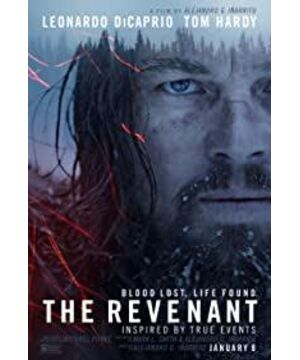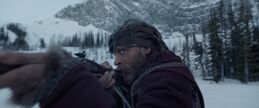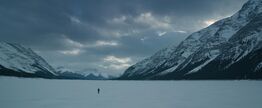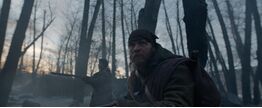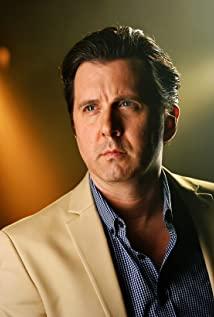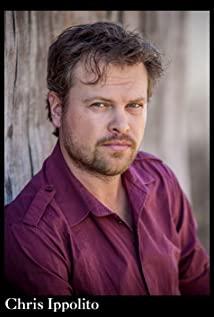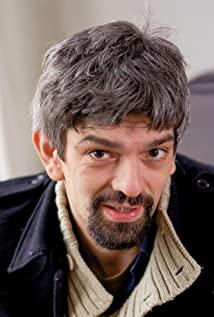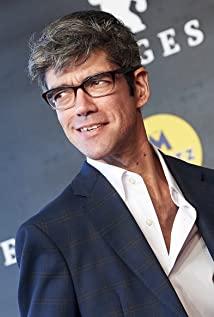The desire and nature exposed in the wild nature have become extraordinarily real, and the power that tears everything comes from the original.
The slaughter and the almost desperate trembling for some reason and unwilling to let go, the next second is the rise of the majestic ice and snow and the horizon of the sun. Although the plot is not so strong, but at least for a few moments, I can feel the loneliness and absurdity deep in my bones.
The breath on the camera widens the distance between the actor and the audience. The director seems to deliberately remind the audience of the "fakeness" of his movie, but at the same time it also highlights the "authenticity" of the scene. There is also a close-up of the frantically spinning around the old plum.
The images of women in this film also have something in common, they are all stared at from a distance: a lover who can't go away at any time, with long hair scattered and can't see his face clearly, with a Mona Lisa smile, he is listening Unfamiliar tribal language; the tribe chanted for a long time, as one of the clues to find Puwaka. Here women do not participate in savage slaughter with men, they do not participate in discussions of primitive survival. They are again deified, conceptualized, symbolized.
The film also touches on white incursions of indigenous tribes, but doesn't go too far.
All in all, I think this is the story of the old plum.
View more about The Revenant reviews


